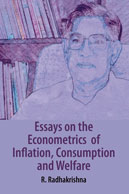New Releases...
Download Catalogue...
Download Excel Data
Download PDF Catalogue
You will get a Excel file with detail about catalogue.
You will get PDF file with detail about catalogue.
Detailed info...
Europe After Enlargement
Economic Challenges for EU and India
Jean-joseph Boillot
About the Book
<p>Europe is changing and reinventing itself. The enlargement of the European Union to 25 members in May 2004, and even more in the future, will not change so much the global weight of Europe in the world economy as its economic geography. The entry of the Central and Eastern European countries marks in particular the culmination of an intense process of economic integration which widens the production cost matrix within which European firms are operating, while also expanding the EU market.</p>
<p> </p>
<p>This constitutes a formidable new order not only for all the European companies, but also for those that wish to establish themselves in Europe or those that have to face competition from firms operating within a Greater Europe. This is in particular the case of India for which Europe remains her largest trading partner and a major technology supplier. Hence a special chapter on this case study.</p>
<p> </p>
<p><br />
Europe After Enlargement : Economic Challenges for EU and India by Jean-Joseph Boillot collects varies ideas and comes at a time of changes not only for Europe, when the continent is de facto and de jure overcoming its past divisions and extending into the largest single market in the world. But for the world at large, at a time when the re-organisation of the European productive space interacts with globalisation and the emerging and consolidation of new powers.</p>
<p> </p>
<p><br />
Hence, this publication comes at a time of change for the EU/India partnership as well, at a time when their relations enter a new phase of development and become strategic. Jean-Joseph Boillot collects analysis of the new geographical trends in the European economy and focuses the debate surrounding the extension of the European Union by highlighting the discovery of new internal sources by the European competitiveness by means of EU enlargement and by stressing challenges ahead. In doing so, Mr Boillot’s publication stimulates the debate and looks at the possible European development and at the challenges ahead also from an Indian perspective, raising interesting points for discussions and further investigation into the economic dynamics of this historic EU enlargement.”<br />
<strong>— Francisco da Câmara Gomes<br />
Ambassador, European Union, Delegation of the European Commission to<br />
India, Bhutan, Maldives, Nepal and Sri Lanka</strong></p>
<p> </p>
<p> </p>
<p>As India opens up to the world, Indians will need better information on those parts of the world that matter. Jean-Joseph Boillot's book fills an urgent need. Its discussion of the new members of the European Union is particularly valuable: they are potentially India's competitors of the EU market, but could be transformed by more perceptive businessmen into bases for penetrating the bastion of the EU.”<br />
<strong>— Ashok V. Desai<br />
Consultant Editor, The Telegraph, New Delhi</strong></p>
<p> </p>
<p> </p>
<p>This book provides a lucid explanation to the process of European integration and its impact on the Indian trade and capital flows with respect to Europe. The author has shown a depth of understanding of economic problems in both the eastern and the western European region. I recommend it highly for the scholars interested in European integration and policymakers and diplomats of both Europe and India.”<br />
<strong>— Prof. B.B. Bhattacharya<br />
Vice-Chancellor, Jawaharlal Nehru University, New Delhi</strong></p>
<p> </p>
<p> </p>
<p>Enlargement — in fact, the reunification of Europe — has changed the nature of the EU. Understanding what it means and where it leads to is essential for all the partners of Europe. Having for a decade observed the enlargement process from the West and from the East, Jean-Joseph Boillot was uniquely equipped to analyse it and grasp its consequences. His comprehensive and timely book is an achievement.”<br />
<strong>— Prof. Jean Pisani-Ferry<br />
Director, Brussels European and Global Economic Laboratory (Bruegel)<br />
Professor, University of Paris-Dauphine</strong></p>
<p> </p>
<p> </p>
<p>A fascinating and eminently readable account of Europe's eastward expansion and its emergence as a world economic power in the closing years of the twentieth century. The opportunities that this transformation opens up are tremendous and this book is a welcome wake-up call for entrepreneurs, policy-makers and analysts. Backed by a wealth of data, it presents new perspectives on the robust economies of the new Europe.”<br />
<strong>— Prof. Balveer Arora<br />
Former Rector & Pro Vice-Chancellor Coordinator, UGC-SAP,<br />
Centre for Political Studies, Jawaharlal Nehru University, New Delhi</strong></p>
<p> </p>
<p> </p>
<p>This volume by Jean-Joseph Boillot on 'Europe After Enlargement: Economic Challenges for EU and India' provides analytical insights on the process of enlargement from the perspective of some one who has been intimately connected with the process from his vantage perch in Budapest when the terms of enlargement were actually negotiated. At the same time, Jean-Joseph, also has a unique know-ledge of how the Indian system works, having started his India affair nearly twenty years ago. He is, therefore, able to present intricacies of the European enlargement process and its implications for India in a manner that is immediately comprehensible to the Indian reader. A book well worth reading by all those who believe that a multi-polar world is a more benign environment for India's future.”<br />
<strong>— Rajiv Kumar<br />
Chief Economist Confederation of Indian Industry (CII), New Delhi</strong></p>
<p> </p>
<p> </p>
<p>As a person living and working in India, the book held great interest for me, as I think it certainly will for Indian managers looking to do business with Europe. I found the details of the discussions in the developing links between the Central and Eastern European Countries (CEEC) extremely educative, throwing light on the complex web of the nature of the transaction, the character of the protagonists, the products, technology, location and ownership issues. Given its very contemporary context, the book brings out very well the evolving nature of these relationships and what the implications can be for players located outside of Europe, as for instance in India. Historically, Indian business who had engaged with the former Eastern Europe had done so in the context of the Warsaw Pact bloc, where business success depended on one particular method of managing the environment, namely the state and its apparatus. Finding a niche in today’s highly dynamic and rapidly evolving CEEC, Indian businesses have an opportunity of expanding their potential engagement with Europe as a whole, benefitting from the privileged status of the accession countries in the EU. But in the event that they do not, there appears to be a possibility that Indian business might find it difficult to maintain their existing market share in the trade activity of Europe. This is a must-read book for all businesspersons, academics and analysts from the sub-continent with an interest in Europe. A perusal of the book provides a rich haul of ideas that might be pursued further with considerable profit — by both, the businessperson and the researcher.”<br />
<strong>— Samitra Chaudhuri<br />
Economic Advisor with ICRA and member of the Economic<br />
Advisory Council to the Prime Minister of India</strong></p>
About the Author(s) / Editor(s)
<p><strong>Jean-Joseph Boillot</strong> is Professor of Social Sciences, and holds a Ph.D. in Development Economics. His dissertation was on India's economic development since Independence.</p>
<p> </p>
<p>From 1990, he has been Economic Advisor with the French Ministry of Finance on the main challenging regions of the world: Eastern Europe, Russia and CIS, East Asia and again Eastern Europe for the last EU enlargement negotiations. In 2003, he joined the French Treasury as Financial Advisor for India and South Asia, based in New Delhi.</p>
<p> </p>
<p>He is author of more than 20 books and of many articles on various fields of economics, particularly International and Development Econo-mics, and on India and China.</p>
<p> </p>
<p>He is member of the Editorial Committee of the Monthly Alternatives Economiques, the EuroIndia Center and Confronta-tion Europe. He is married and has two daughters.</p>
Print Brochure...
Print as it is
Customised brochure
You will get a printout of what you see on your screen under 'Detailed Info'(Uneditable).
You will have the opportunity to edit the text and adjust the extent to fit on A4 size sheet or more accordingly as you desire. Plus, you can download the edited/customised Brochure or simply print it (CTRL + P).


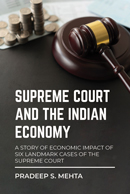



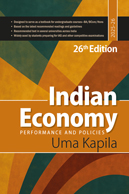
-web-194.jpg)
-front.jpg)
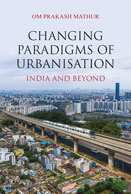





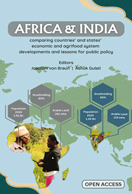
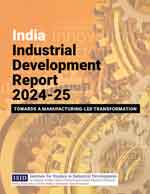
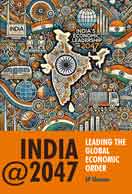
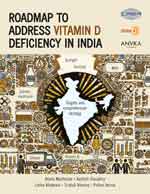
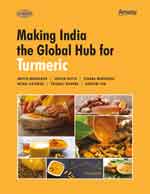
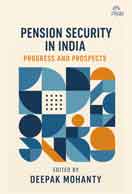
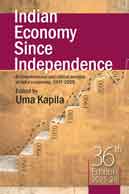
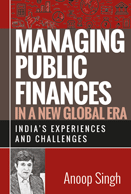

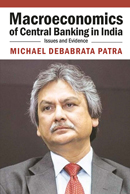



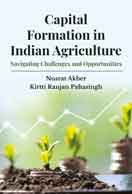



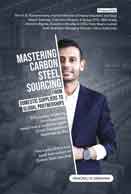







-COVER-web-194.jpg)





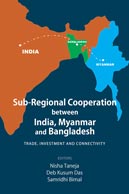






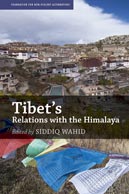
















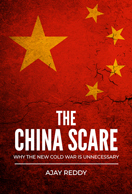
.jpg)






